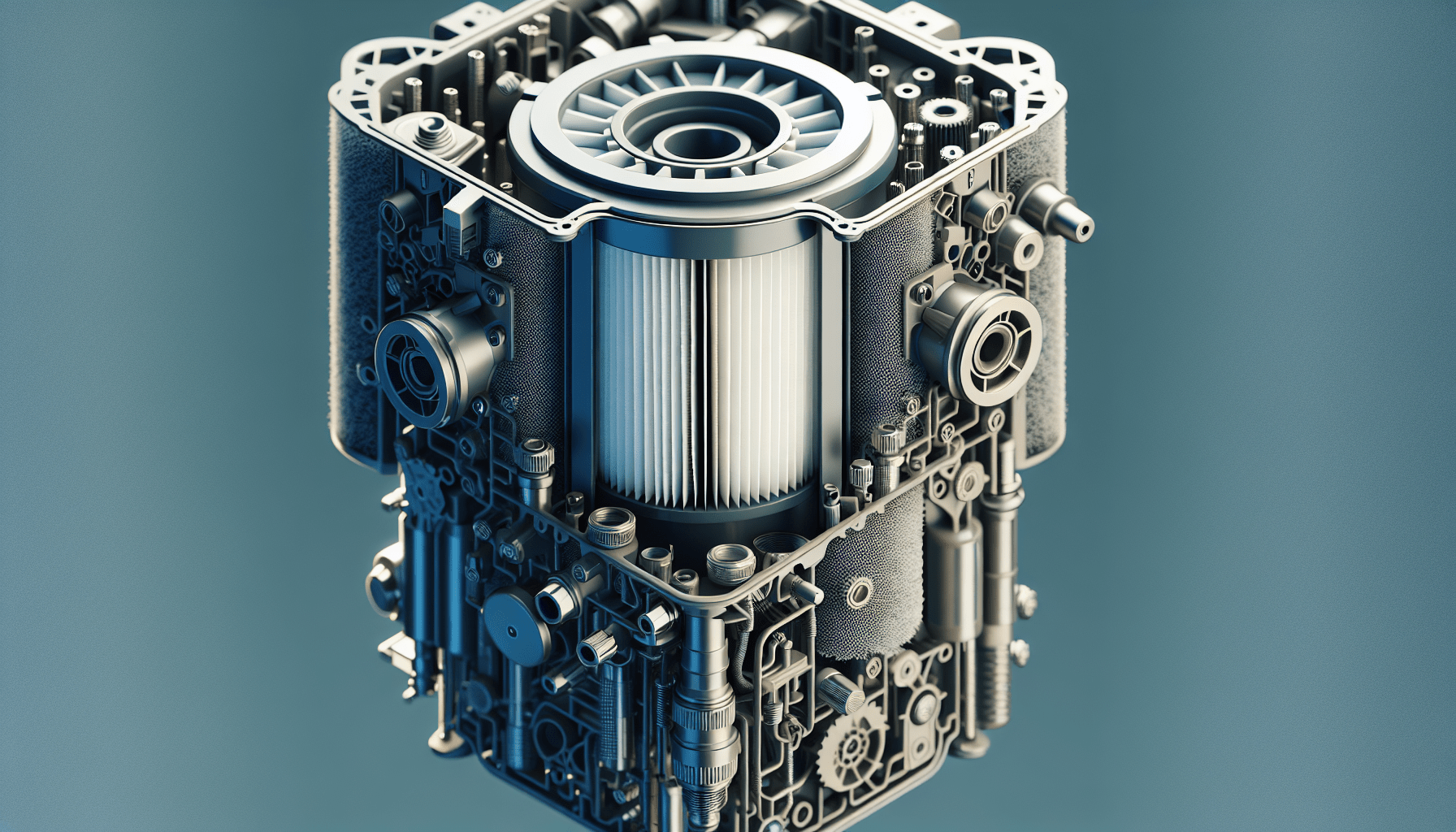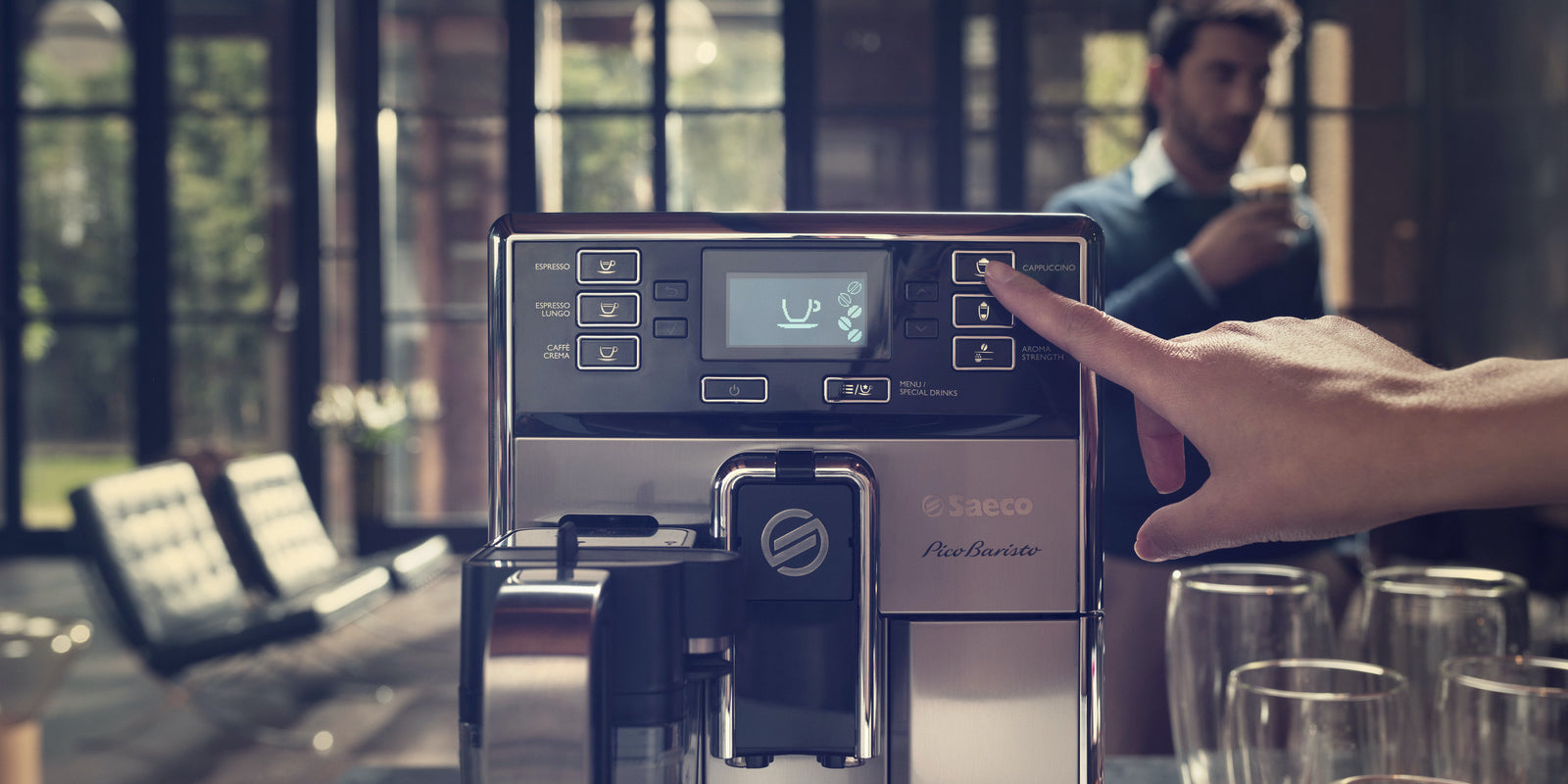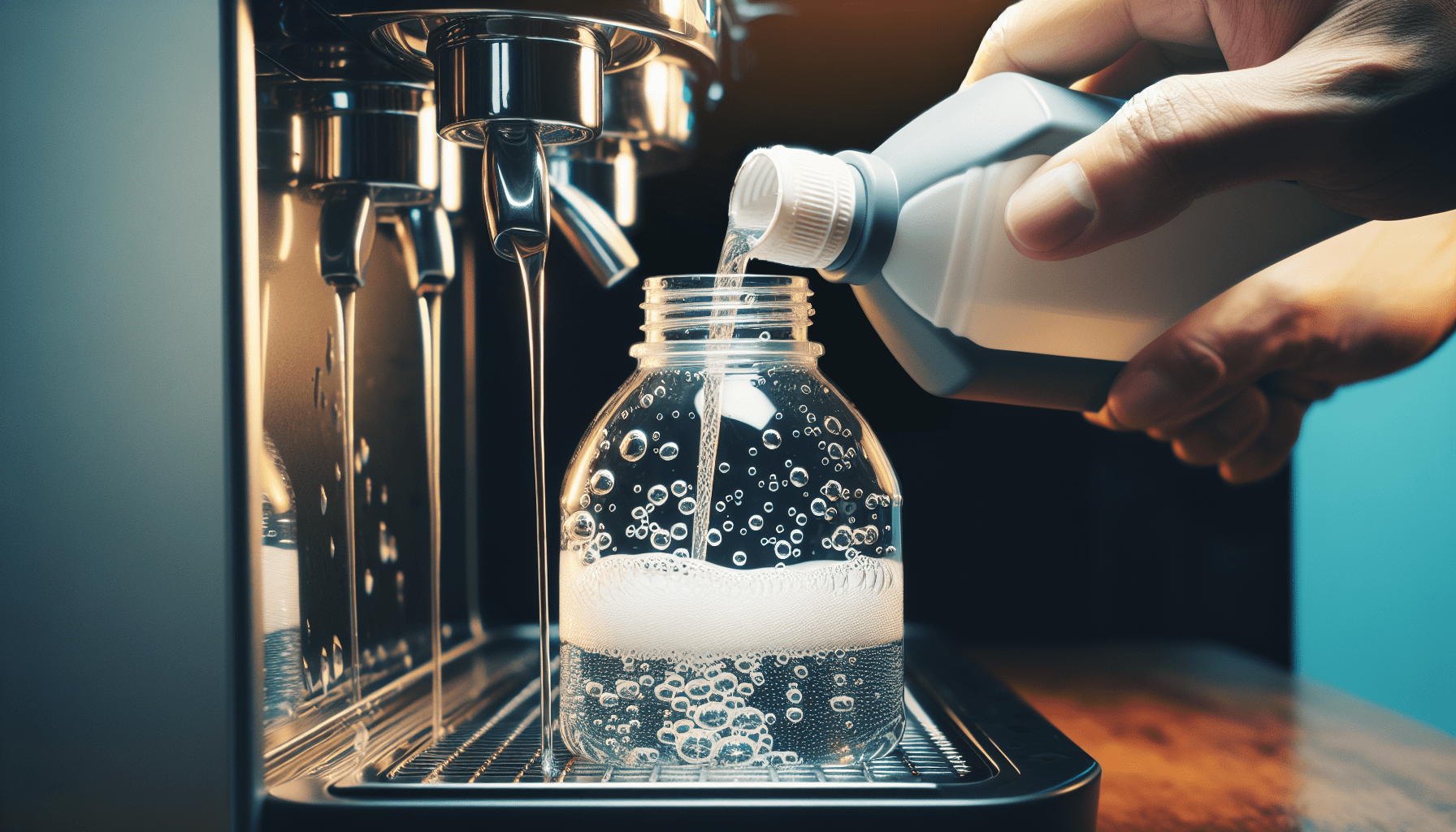Welcome to an exploration of the filters used in the water reservoir of a super-automatic espresso machine. These filters play a crucial role in ensuring that your coffee tastes fresh and delicious every time you brew. From charcoal filters to water softening filters, there are various options to consider for maintaining the quality of your espresso. Let’s dive into the world of espresso machine filters and discover how they contribute to the perfect cup of coffee. What Kind Of Filters Are Used In The Water Reservoir Of A Super-automatic Espresso Machine?
Have you ever wondered what kind of filters are used in the water reservoir of a super-automatic espresso machine? It’s important to understand the different types of filters available, their functions, and how to properly maintain them to ensure your machine produces high-quality espresso every time. Let’s dive into the world of water filters for super-automatic espresso machines.
The Importance of Water Filters in Espresso Machines
Water filters play a crucial role in the operation of super-automatic espresso machines. They are designed to remove impurities, such as minerals and contaminants, from the water used to brew espresso. These impurities can affect the taste and quality of the coffee, as well as the overall performance and lifespan of the machine. By using the right water filters, you can improve the flavor of your espresso, protect your machine from damage, and extend its longevity.
Why Do You Need Filters in Your Espresso Machine?
Filters are essential in espresso machines because they help to improve the taste of the coffee by removing impurities from the water. These impurities can affect the flavor and aroma of the espresso, making it taste bitter, sour, or flat. Filters also help to protect the internal components of the machine from damage caused by mineral buildup and contaminants in the water. By using filters, you can enjoy better-tasting espresso and prolong the life of your super-automatic machine.
Types of Filters Used in Super-automatic Espresso Machines
There are several types of filters used in super-automatic espresso machines, each serving a specific purpose. Here are the most common types of filters you may come across:
Water Softening Filters
Water softening filters are designed to remove minerals, such as calcium and magnesium, from the water. These minerals can cause scale buildup in the machine, affecting its performance and longevity. By using a water softening filter, you can prevent scale formation and ensure that your espresso machine operates efficiently.
Charcoal Filters
Charcoal filters are used to remove chlorine, sediments, and odors from the water. They are often found in water reservoirs to improve the taste and smell of the water used for brewing espresso. Charcoal filters can also help to protect the internal components of the machine from contaminants that may affect its performance.
Reverse Osmosis Filters
Reverse osmosis filters are effective at removing a wide range of impurities from water, including minerals, bacteria, and chemicals. These filters use a semipermeable membrane to remove contaminants, leaving behind clean and purified water. Reverse osmosis filters are ideal for areas with poor water quality or high levels of contamination.
How to Choose the Right Water Filter for Your Espresso Machine
When selecting a water filter for your super-automatic espresso machine, there are several factors to consider to ensure you choose the right one. Here are some tips to help you make an informed decision:
Consider Your Water Quality
The quality of the water in your area will dictate the type of filter you need for your espresso machine. If your water is hard and contains high levels of minerals, a water softening filter may be necessary to prevent scale buildup. If your water has a strong taste or odor, a charcoal filter can help improve the overall quality of the water.
Read the Manufacturer’s Recommendations
It’s important to consult the manufacturer’s guidelines for your espresso machine to determine the type of filters recommended for use. Some machines may require specific filters or brands to ensure optimal performance and longevity. By following the manufacturer’s recommendations, you can avoid damaging your machine and achieve the best results.
Consider Your Brewing Preferences
Your preferred brewing method and taste preferences can also influence the type of filter you choose for your espresso machine. If you prefer a smoother and cleaner taste, a reverse osmosis filter may be the best option. If you enjoy a richer and fuller flavor, a charcoal filter can help enhance the taste of your espresso.
Budget Considerations
The cost of water filters can vary depending on the type and brand you choose. Consider your budget when selecting a filter for your espresso machine and choose one that offers the best value for your money. While some filters may be more expensive upfront, they can help save you money in the long run by protecting your machine from damage and reducing maintenance costs.
Maintaining Water Filters in Your Espresso Machine
Proper maintenance of water filters is essential to ensure they function effectively and protect your espresso machine. Here are some tips for maintaining water filters in your super-automatic espresso machine:
Regular Cleaning
It’s important to clean your water filters regularly to remove any buildup of minerals, sediments, or contaminants. Follow the manufacturer’s instructions for cleaning and maintenance to ensure your filters remain in good condition. Regular cleaning can help prolong the life of the filters and maintain the quality of your espresso.
Replacing Filters When Necessary
Over time, water filters will become clogged with impurities and lose their effectiveness. It’s important to monitor the condition of your filters and replace them when necessary. Some filters have a specific lifespan or indicator that alerts you when they need to be replaced. By replacing filters on time, you can ensure your machine continues to produce high-quality espresso.
Proper Storage
When not in use, it’s important to store water filters properly to prevent them from becoming contaminated or damaged. Keep filters in a clean and dry environment away from direct sunlight or heat sources. Proper storage can help prolong the life of the filters and ensure they work effectively when needed.
Regular Maintenance Checks
Perform regular maintenance checks on your espresso machine to ensure that the water filters are functioning correctly. Inspect the filters for signs of wear or damage and replace them if necessary. By staying proactive with maintenance checks, you can prevent potential issues and keep your espresso machine running smoothly.
Conclusion
Choosing the right water filters for your super-automatic espresso machine is essential for producing high-quality espresso and maintaining the longevity of your machine. By understanding the different types of filters available, their functions, and how to properly maintain them, you can enjoy delicious espresso every time. Remember to consider factors such as water quality, manufacturer recommendations, budget, and maintenance when selecting water filters for your espresso machine. With the right filters in place and proper care, you can elevate your espresso experience and ensure your machine performs at its best.




